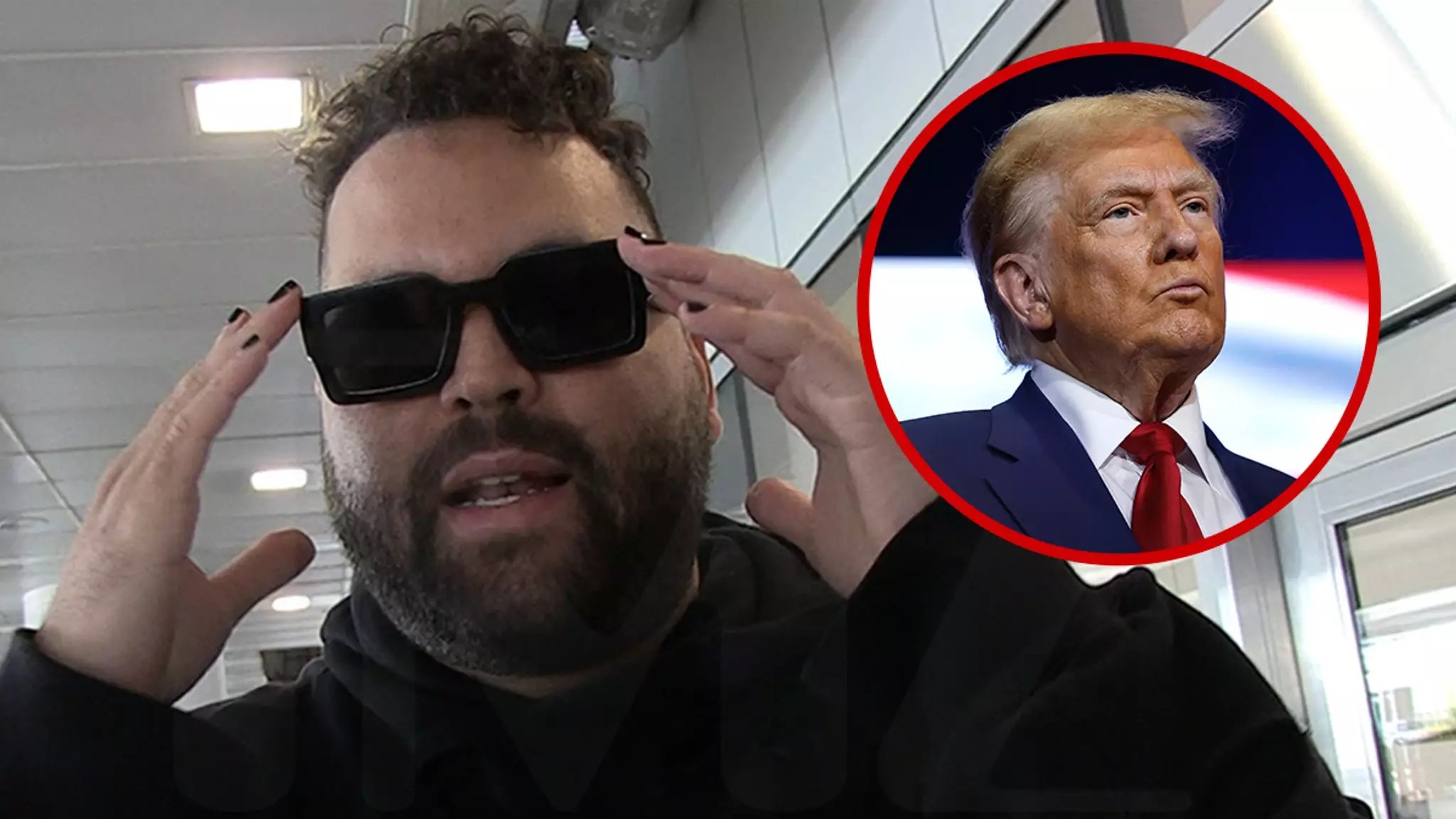In an era where political tensions run high, figures like Jeremy Fall are using their platforms to voice dissent against government actions that they perceive as oppressive. Recently, Fall, a well-known chef and restaurateur, shared his unfiltered opinions on the planned military parade in Washington, D.C., which coincides with President Trump’s birthday. Instead of celebrating the Army’s 250th anniversary, Fall suggests that this event serves as a tactic for instilling fear among the populace, an effort to silence dissenting voices through intimidation rather than dialogue.
The Dangers of Militarization
The militarization of political spectacles, as pointed out by Fall, raises crucial questions about the role of the military in civic life. Is the military intended to project national pride and honor, or has it become a tool for political leaders to wield against their own citizens? Fall’s assertion that the military should not be manipulated as a “personal puppet show” speaks to a broader concern over militaristic displays being used as instruments of fear. He believes that such actions undermine the essence of democracy, which should empower citizens to speak out without fear of reprisal.
Empowering Civil Disobedience
Fall’s call for peaceful civil disobedience is not merely a reactionary outcry; it’s a principled stance advocating the fundamental right to protest. In the face of perceived government overreach—exemplified by the deployment of military personnel to cities like Los Angeles—he emphasizes that legal, nonviolent resistance is both necessary and effective. This approach counters the narrative that political engagement can only happen through conventional means, reaffirming the idea that citizens must assume an active role in governance. He encourages individuals to join the “No Kings” rallies, which symbolize a collective rebuke against the display of power from the federal government.
A Warning Against Silence
Fall’s commentary on the chilling effect of intimidation tactics resonates deeply in a society where many voices feel stifled. According to him, ignoring the alarming behaviors of the administration is not only futile but dangerous. He frames inaction as complicity, warning that failing to confront these issues could lead to a degradation of democratic norms. The comparison of current political tactics to a potential drift towards dictatorship emphasizes the need for proactive engagement from the populace, urging citizens to recognize the gravity of their voices in the ongoing political discourse.
Hope Amidst Despair
As Fall reflects on the upcoming years of Trump’s presidency, his outlook suggests a complicated blend of hope and skepticism. While he acknowledges the challenges presented by an administration that appears increasingly authoritarian, he simultaneously advocates that the power to effect change lies within the hands of the people. His perspectives inspire a sense of urgency—impelling individuals not merely to participate in passive opposition but to actively mobilize for change. The rhetoric surrounding these discussions may be divisive, but there lies an undeniable truth: collective action is pivotal in safeguarding the values that ultimately define democracy.







Leave a Reply